Aryan Khan Case: How Court Order Obliterates at Least 5 of NCB's Biggest Allegations
Sat 20 Nov 2021, 21:47:29
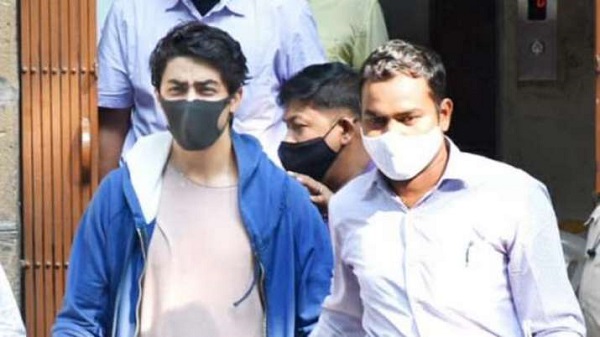
Granting bail to Bollywood actor Shah Rukh Khan’s son Aryan Khan and two others, Arbaaz Merchant and Munmum Dhamecha, in the cruise drugs case, the Bombay High Court in its detailed order said there was no conspiracy between them to commit drug-related offences. The Narcotics Control Bureau (NCB) had arrested the trio for offences committed under the Narcotic Drugs and Psychotropic Substances (NDPS) Act. While the court granted bail on October 28, a detailed order was made available on Saturday
HERE ARE TOP FIVE POINTS THAT SHOW HOW THE COURT TORE THROUGH THE NCB ALLEGATIONS:
1. Charges of conspiracy: The NCB built its case on charges of conspiracy, alleging that the trio made a plan to go to the party organised aboard the Cordelia cruise ship and “have a blast". The drugs control agency did not have enough evidence to sustain these charges. The court, hence, stated that there was no conspiracy between the trio to commit drug-related offences. “There is hardly any positive evidence on record to convince this court that all the accused persons with common intention agreed to commit unlawful acts," the court said, while rejecting the NCB’s argument that the case of all the accused ought to be considered together.
2. NCB case built on WhatsApp chats: The NCB alleged that WhatsApp chats between the accused showed that they conspired to go to the party. But the court, however, stated that there was nothing objectionable, and that there was “no meeting of minds". “So as to infer the case of conspiracy against the applicants also, there is absence of material on record of them having such meeting of minds with the other accused, who were named in the offence in question," the order
stated.
stated.
3. Possession and consumption of drugs: Other than WhatsApp chats, the agency did not have sufficient evidence to prove its charges against Aryan Khan. It could not show any kind of consumption of drugs by him, and did not run any test to prove otherwise. The trio was arrested and booked under sections pertaining to conspiracy, possession, sale, purchase and illicit trafficking of banned substances. The court in its order noted that Aryan Khan was not found in possession of any objectionable substance and this fact has not been disputed.
Merchant and Dhamecha were found to be in illegal possession of drugs, the quantity of which is considered small. “The court, in such cases, is first required to ascertain whether there is enough material on record to prima facie infer that the applicants (Aryan Khan, Merchant and Dhamecha) have hatched a conspiracy and that the prosecution was justified in invoking provisions of section 29 (criminal conspiracy) of the NDPS Act," the order stated.
4. Aryan Khan’s confession: The court stated that the confessional statement of Aryan Khan recorded by the NCB under Section 67 of the NDPS Act can be considered only for investigation purposes and cannot be used as a tool for drawing an inference that the accused committed an offence under the NDPS Act.
5. Punishment for offence committed: The court further noted that the trio had already suffered incarceration for almost 25 days and the prosecution had not even conducted a medical examination so as to determine if they had consumed drugs. Justice Nitin Sambre further stated that even if the case of the prosecution is considered, the maximum punishment is not more than one year for such an offence.
No Comments For This Post, Be first to write a Comment.
Most viewed from National
Most viewed from World
AIMIM News
Latest Urdu News
Most Viewed
May 26, 2020
Is it right to exclude Bangladesh from the T20 World Cup?
Latest Videos View All
Like Us
Home
About Us
Advertise With Us
All Polls
Epaper Archives
Privacy Policy
Contact Us
Download Etemaad App
© 2026 Etemaad Daily News, All Rights Reserved.

.jpg)



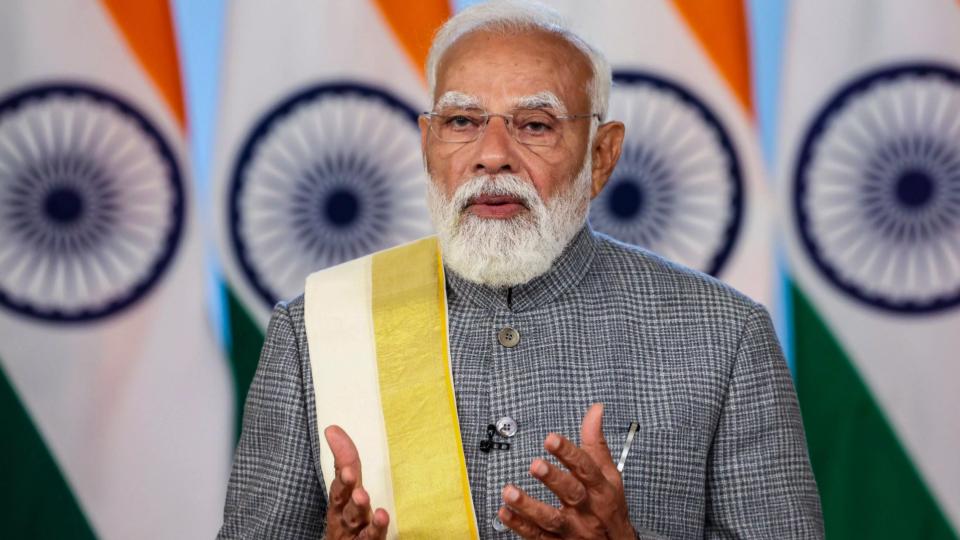
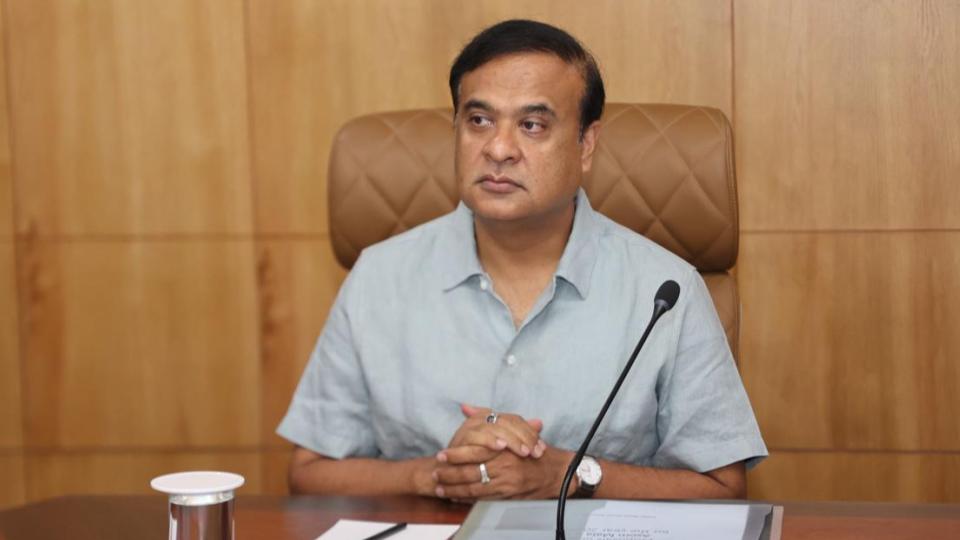

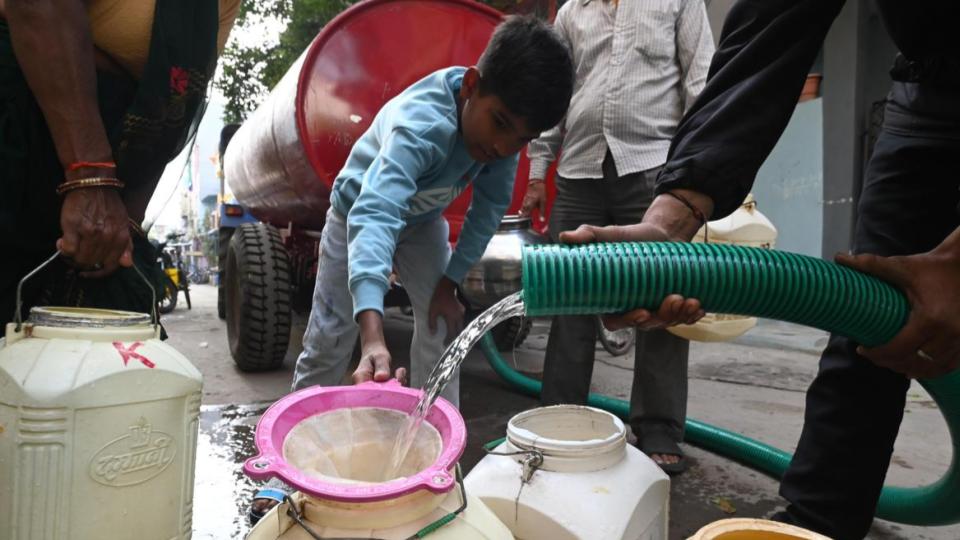
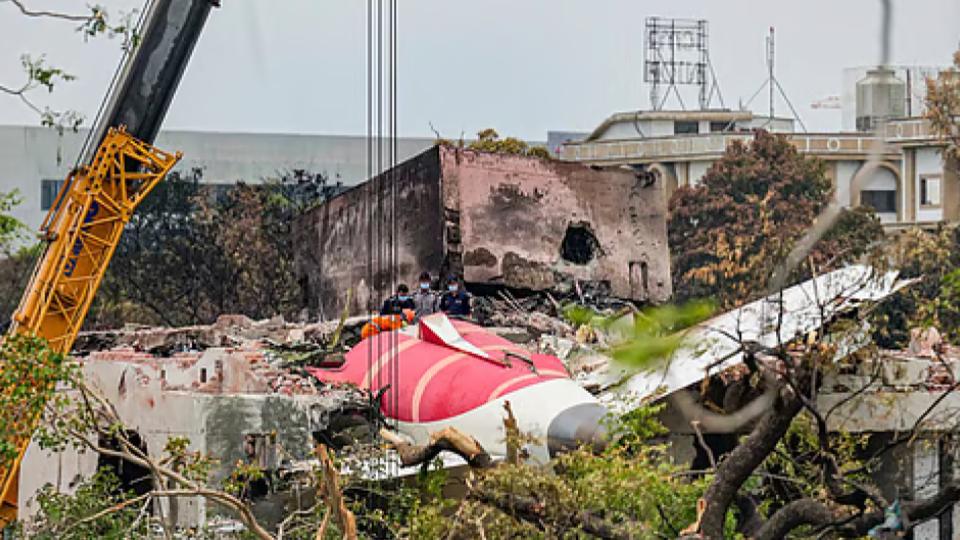

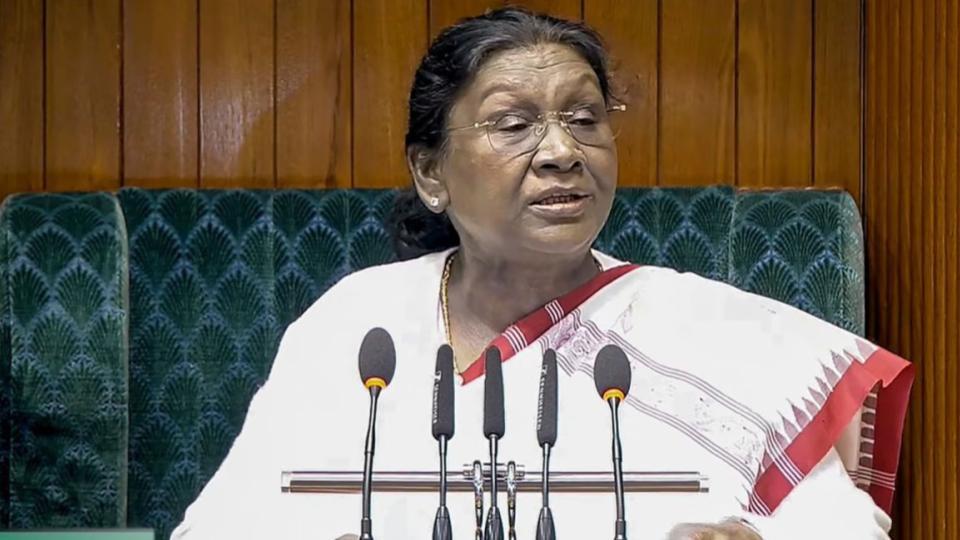


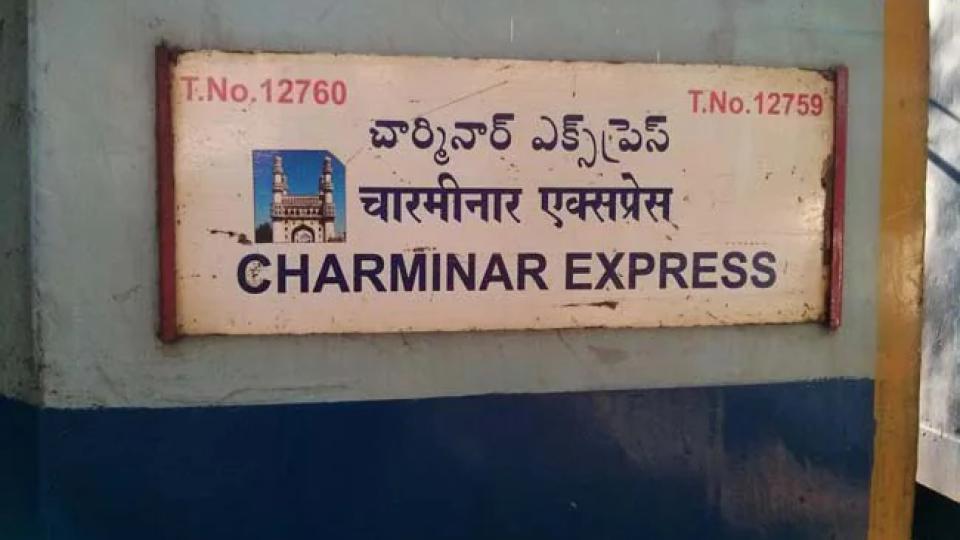
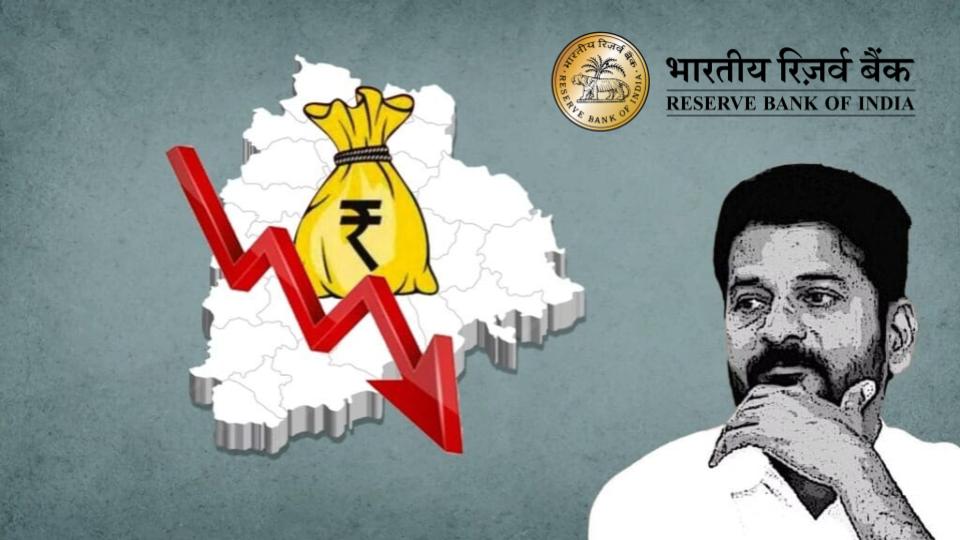



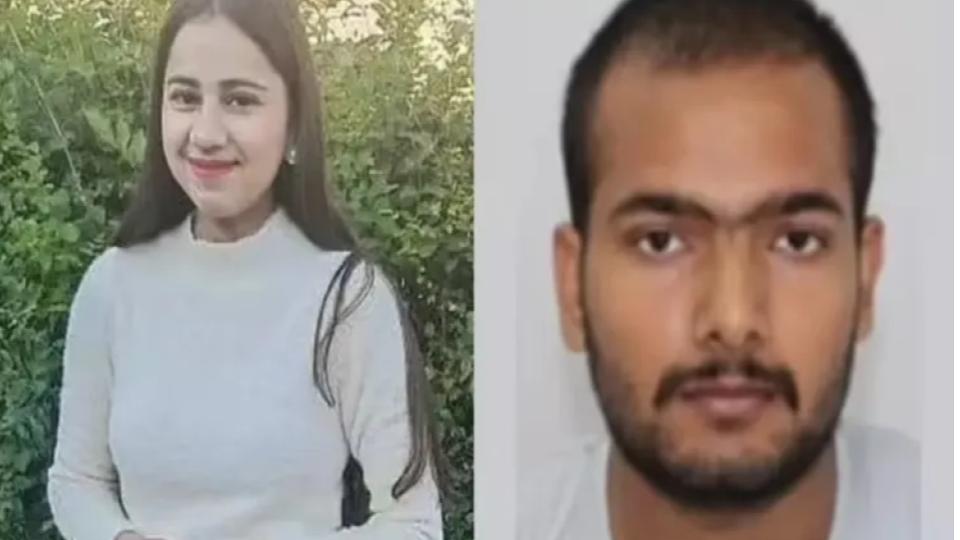
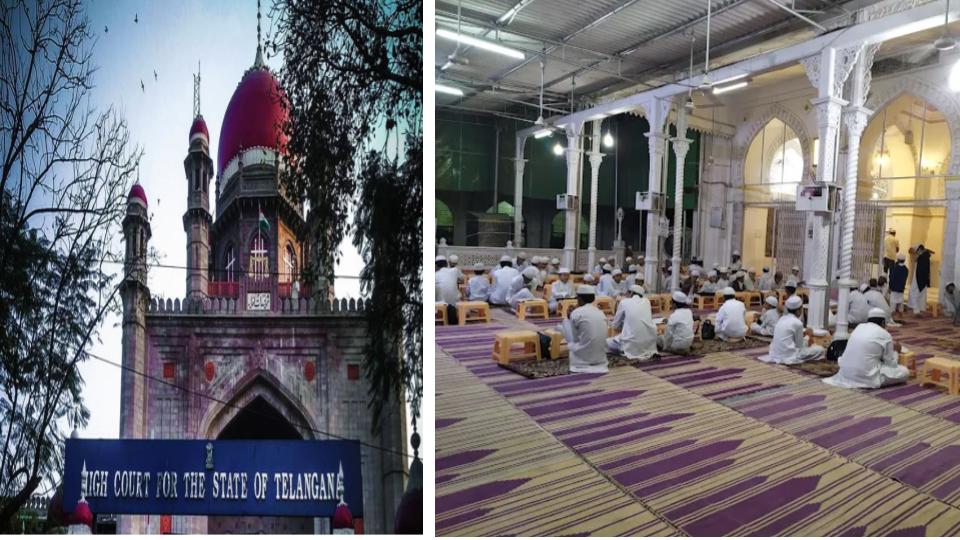

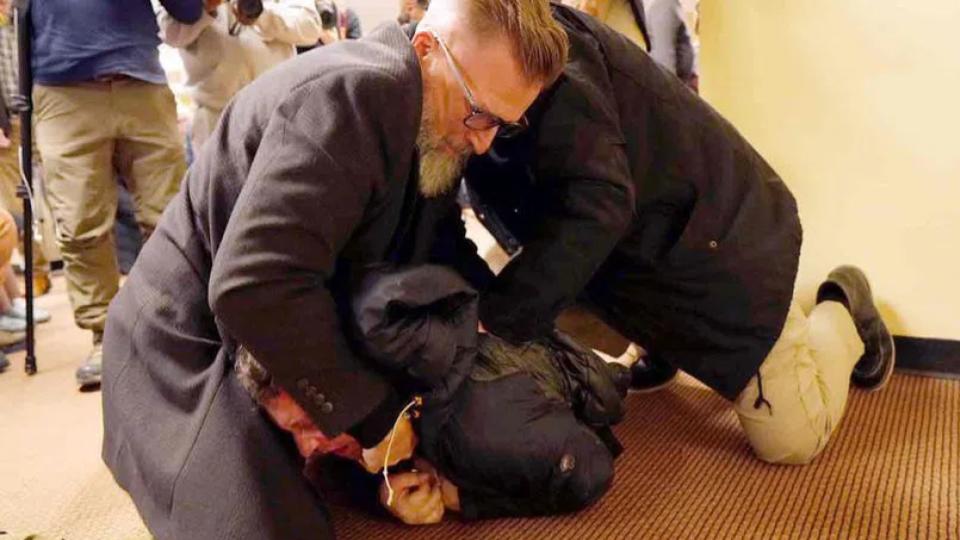
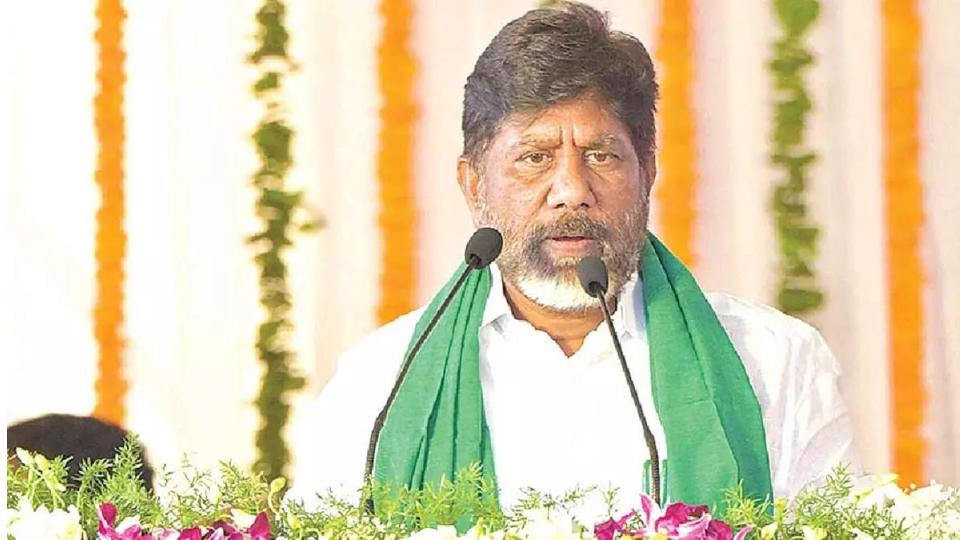













.jpg)
.jpg)
.jpg)


